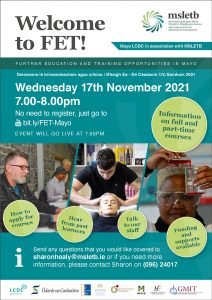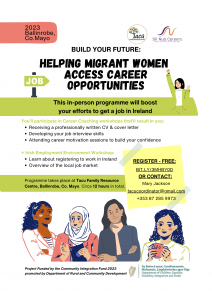Q: I haven’t done a job interview in seven years – and that was the only one I ever did. I got the job, and I have been happy in the role ever since. However, an opportunity has come up with another company that I know would be a good move for me at this time. It will challenge me to step up to another level, but I feel I have the skills and experience to do it. What kind of questions might I be asked in the interview? I’m in retail, and the job is in retail management. (CG Email)
Before I answer the question, permit me to introduce caveat: trying to anticipate the questions you will be asked is needle-in-a-haystack stuff. You simply can’t, and I feel it is better to focus on your answers, rather than your questions. In other words, you should have identified certain key issues that you need to talk about in the interview – that intersection where your skills, attributes, and achievements meet the employer’s needs and aspirations.
So, no matter what questions you are asked, you should be seeking to divert as many of the answers as possible to that intersection.
Now, back to your question about questions. Here is a list of popular questions, based on research carried out among employers worldwide:
- Tell us a little about yourself (frequently the first question of the interview – the employer often looks on it as a gentle ice-breaker, though it can cause interviewees all sorts of trouble as they proceed to tell the employer too much about themselves that is irrelevant – and too little that is relevant);
- Why did you apply for this job? (Opportunity here to reveal the level of knowledge you have about the company. Employers like to feel that you’ve taken the time – it shows thoroughness and professionalism. There are some real horror stories here about the level of ignorance people have displayed about the company.)
- What are your strengths? (Don’t be behind the door here – if you don’t talk yourself up, nobody else will. Make sure you talk about strengths relevant to the position.)
- What’s your biggest weakness? (Lots of advice available on this one, and all of it urging you not to reveal a weakness that could incriminate you. I like the summation byLibertyUniversity’s Career Centre inVirginia,USA: use this as an opportunity to demonstrate your self-awareness, sincerity and problem-solving process. “In my last position, I wasn’t able to develop my public speaking skills. I’d really like to be able to work in a place that will help me get better in giving presentations and talking in front of others.”
- Where do you see yourself in five years? (Show commitment to lifelong learning and advancement.)
- Why are you looking to leave your current job? (Here the interviewer wants to ascertain your level of enthusiasm for the new role – and whether you are merely using it to escape your current job.)
- Have you any questions for us? (I urge you to use this as a chance to talk at the intersection mentioned above. Rather than asking them a question for the sake of being seen to ask one, I feel you should avail of this opportunity to tell them something more of relevance. “Will ongoing training be made available? I like to keep myself fully up-to-date with industry standards, and I have always found training to be stimulating and beneficial.)
Above, I referenced the Liberty University Career Centre podcast. It’s an excellent resource, and you can access it via iTunes. If you’re preparing for a job interview, there are endless free resources available online.






